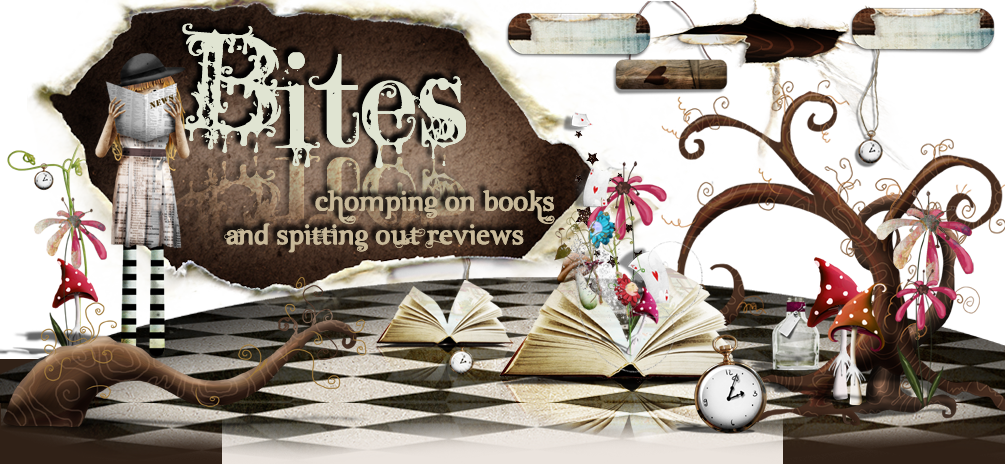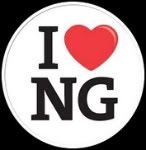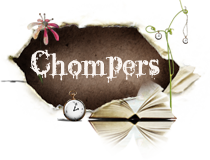 First published in 2005.
First published in 2005.When Fat Charlie's dad named something, it stuck. Like calling Fat Charlie "Fat Charlie." Even now, twenty years later, Charlie Nancy can't shake that name, one of many embarrassing "gifts" his father bestowed - before he dropped dead on a karaoke stage and ruined Fat Charlie's life.
Mr. Nancy left Fat Charlie things. Thing like the tall, good-looking stranger who appears on Charlie's doorstep, who appears to be the brother he never knew. A brother as different from Charlie as night is from day, a brother who's going to show Charlie how to lighten up and have a little fun . . . just like Dear Old Dad. And all of a sudden, life starts getting very interesting for Fat Charlie.
Because you see, Charlie's dad wasn't just any dad. He was Anansi, a trickster god, the spider-god. Anansi is the spirit of rebellion, able to overturn the social order, create wealth out of thin air, and baffle the devil. Some said he could cheat even Death himself.
This was definitely an interesting read and I’m glad I listened to those that recommended this book. While I may not have seen it in Stardust, I can see why people consider Gaiman a fantasy god. His writing, when he’s not trying to write in a specific style like Stardust, just takes you fluidly from one end of the story to the other. It’s not high brow literary nor is it a fantasy that takes itself way too seriously. It’s just good writing telling a story that I’ve never heard before.
I’m sure, if the story of Anansi was broken down into it’s more baser parts, there’d be your standard fantasy fare in there somewhere (know-nothing guy saves of the day of the other guy that everyone thought could do it all) but the story of Anansi, of all the animals and the transcendence from their world into ours is nothing like I’ve ever read. I believe the Anansi and other gods myths are actual myths that Gaiman expounded on but even if they weren't, the story was told so well and in such an authentic voice that they could have been. And that’s all that matters, right?
Fat Charlie is immediately relatable–slightly awkward, doesn’t think too highly of himself, has something of a go-nowhere job, less than stellar relationship with his parents. And then Spider comes into the picture, the sibling that’s so much better, and ruins everything even more for him. It certainly doesn’t help that Spider is half god, nor all the interesting that was taken out of Fat Charlie.
I don’t know about you but I wanted to punch Spider in the face when he started to move in on Rosie but during and after the shift, when you begin to see that it’s better for both Rosie and Charlie that they not be together and that Spider and Rosie really are in love, you can’t help but be endeared. And Charlie doesn’t walk away empty handed either.
I thought the role reversal, though, was the strongest part of the novel. While reading it the first time, it felt abrupt, as if I’d just turned the page and Fat Charlie was Spider and Spider was Fat Charlie. But with hindsight, the change was much more subtle.
When Spider was taken into the Bird Woman’s world, he seemed to have done a complete 180, especially when Fat Charlie came to rescue him. Their personalities just switched bodies. But closer to the end they pretty much leveled out on each other, each taking pieces of the other’s person for their own. Spider was, himself, a little more humbled and Fat Charlie walked away with more confidence and a thicker backbone. In the end Spider was never as much god as he thought and Charlie always had some of his father in him, however latent.
The only downside to this book were the numerous typos I kept coming across. At first I thought they could have been stylistic choices but then it became pretty obvious that there was some rushed copy editing involved. I don’t know if this book came down to crunch time when it was released but there were a few too many typos for comfort. It got to a point where I would get pulled out of the story because I’d hit yet another typo.
All in all, this was an excellent book. It’s surefire proof that you don’t need high fantasy to have a fantasy story and a unique view on a slightly less traveled road can make all the difference. Gaiman is not only an excellent storyteller but an excellent writer as well. I think I’m going to have to invest in a few more of his books now.
















2 comments:
I <3 Anansi Boys, it was my favourite Gaiman book till I read Neverwhere. The mythology content is just...wondrous, I guess. The world at the beginning/end of the world is so clear.
And Anansi...well he's part bastard (but given that he's a god, that's permissable), but he's fascinating - and his "death" scene is classic.
As to the typos and the rush...I think one possible reason is because they were touting as a sequel to American Gods - and given the popularity of that, they wanted to cash in on it before that popularity waned. >_>
I think it was you that told me originally that this was a sequel to American Gods and I can definitely see them rushing this. Thankfully it wasn't the writing itself that was compromised, just the overworked copyeditor! I'll have to read Neverwhere and I'm jonsing to get my hands on Coraline.
Post a Comment